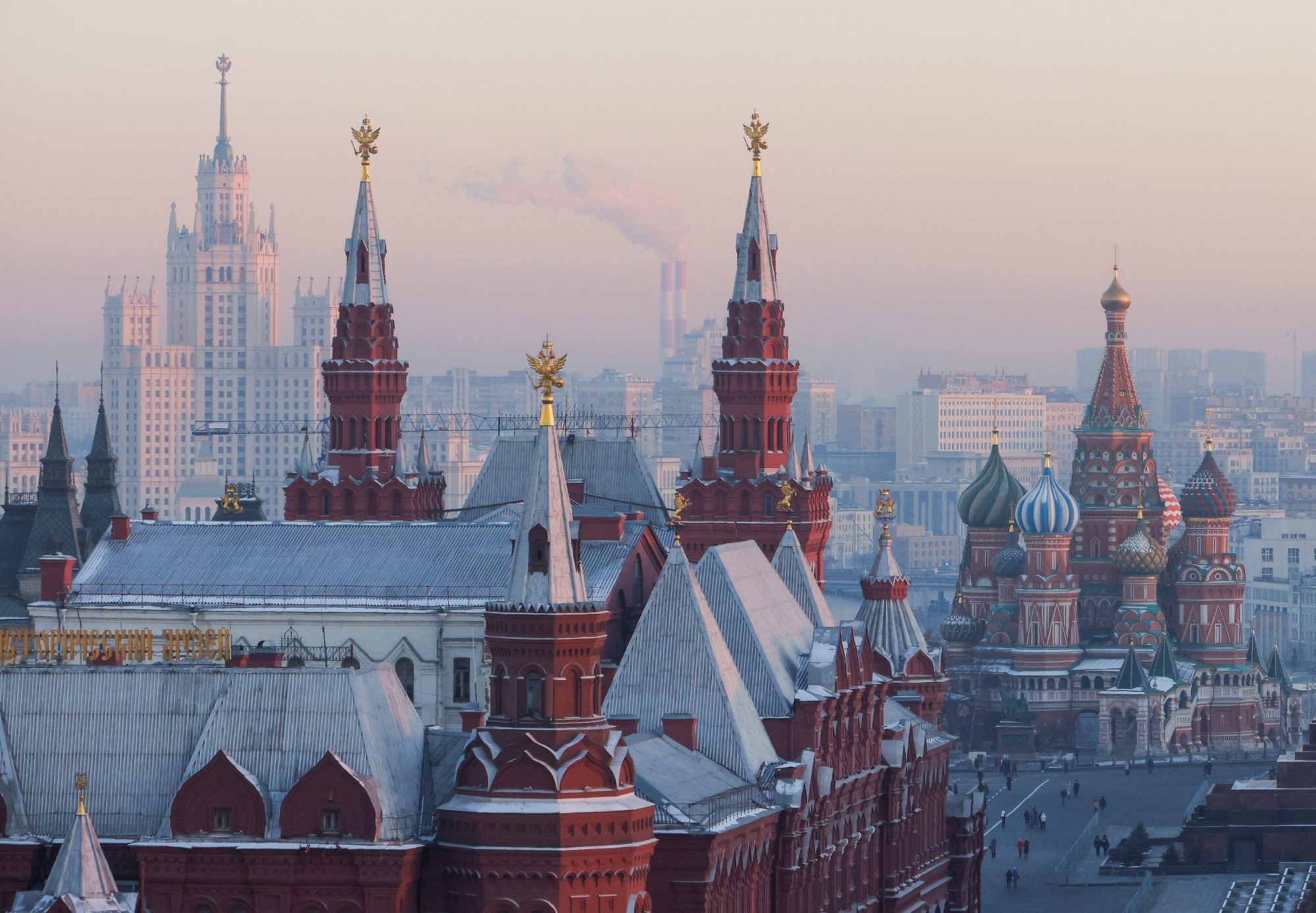Motivation
Reforms in Russia: A Pathway to Progress?

Reforms are crucial for any nation looking to adapt to evolving social, economic, and political landscapes. In Russia, the push for comprehensive reforms has become more urgent amidst increasing public discontent and international challenges. From tackling systemic corruption to modernizing the economy, reforms present a path to progress—but they come with their share of obstacles.
The Need for Reforms
Russia is confronted with a range of internal and external pressures that underscore the imperative for reforms. Domestically, the country’s governance is hampered by centralized power, lack of transparency, and widespread corruption. These issues have stifled innovation, restricted economic growth, and eroded public trust in institutions.
Externally, sanctions imposed by Western nations in response to geopolitical actions have isolated Russia from global markets and technologies. This economic isolation has heightened the urgency for diversifying the economy and reducing dependence on energy exports.
Key Areas for Reform
To tackle these challenges, reforms need to concentrate on several critical areas:
- Economic Diversification: By investing in technology, agriculture, and renewable energy, reducing reliance on oil and gas exports can promote sustainable growth.
- Judicial Independence: Ensuring an autonomous judiciary is crucial for bolstering the rule of law, combating corruption, and attracting foreign investment.
- Political Transparency: Rebuilding public trust by promoting accountability through free and fair elections and empowering civil society.
- Social Services: Enhancing healthcare, education, and infrastructure is essential for improving quality of life and economic productivity.
For a more in-depth analysis of proposed reforms and their potential impact, visit this comprehensive analysis on Reforms.
Challenges to Implementation
Implementing reforms in Russia faces numerous challenges. The entrenched interests of political elites often resist changes that threaten their power and influence. Additionally, public skepticism, fueled by years of unmet promises, makes it challenging to gain momentum for reform initiatives.
Geopolitical tensions further complicate the reform agenda. While international pressure through sanctions underscores the necessity for change, it also allows the government to use a narrative of external hostility to justify the status quo.
The Role of Civil Society
Civil society plays a critical role in advocating for and implementing reforms. Grassroots movements, independent media, and NGOs act as essential watchdogs and drivers of change. Despite facing significant obstacles such as restrictive laws and state intimidation, these groups persist in pushing for greater accountability and transparency.
Reforms are not just an option but a necessity for Russia’s future stability and prosperity. Despite the challenges on the path to reform, the potential benefits—a more equitable, transparent, and dynamic society—are vast. By addressing systemic issues and fostering a culture of accountability, Russia can move towards a brighter future. For more insights into the challenges and opportunities of reforms in Russia, explore this detailed resource.
-

 Destination8 months ago
Destination8 months agoSingapore Airlines CEO set to join board of Air India, BA News, BA
-

 Breaking News9 months ago
Breaking News9 months agoCroatia to reintroduce compulsory military draft as regional tensions soar
-

 Tech News11 months ago
Tech News11 months agoBangladeshi police agents accused of selling citizens’ personal information on Telegram
-

 Breaking News9 months ago
Breaking News9 months agoBangladesh crisis: Refaat Ahmed sworn in as Bangladesh’s new chief justice
-

 Productivity11 months ago
Productivity11 months agoHow Your Contact Center Can Become A Customer Engagement Center
-

 Toys11 months ago
Toys11 months ago15 of the Best Trike & Tricycles Mums Recommend
-

 Guides & Tips9 months ago
Guides & Tips9 months agoHave Unlimited Korean Food at MANY Unlimited Topokki!
-

 Gadgets3 months ago
Gadgets3 months agoSupernatural Season 16 Revival News, Cast, Plot and Release Date
























